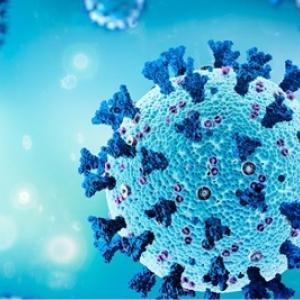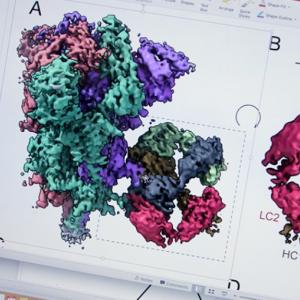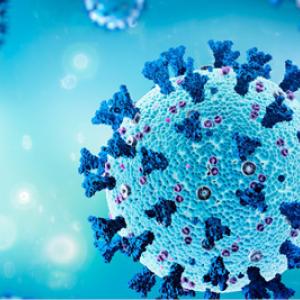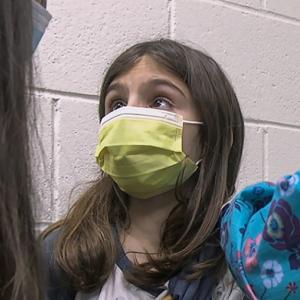Duke Researchers Receive Grant to Roll Out Next-Generation Coronavirus Vaccine
Pandemic Response Shows Path For Improved Health Care in the Future
In many ways, the COVID-19 pandemic forced positive changes in how medicine is practiced in communities and at academic medical centers, with Family Medicine departments working at the front lines to provide care and forge relationships with community partners, according to a Duke Health review.
Children With Mild or Asymptomatic COVID Have Strong Antibodies Months Later
DURHAM, N.C. – Children and adolescents who had mild to asymptomatic cases of COVID-19 were found to have robust antibody responses up to four months after infection, according to a study of 69 children tested at Duke Health.
The study, appearing in the journal JCI Insight, found that the children and adolescents who previously had COVID-19 developed antibody responses that were capable of neutralizing the SARS-CoV-2 virus. Further, these responses were comparable or superior to those observed in adults.
Research Finds Masks Can Prevent COVID-19 Transmission in Schools
The widespread use of masks in schools can effectively prevent COVID-19 transmission and provide a safe learning environment, two Duke scholars said Wednesday.
Danny Benjamin, M.D., and Kanecia Zimmerman, M.D., were co-chairs of the Duke-led ABC Science Collaborative, which issued a new report Wednesday showing that North Carolina schools were highly successful in preventing the transmission of COVID-19 within school buildings.
Duke-led team identifies new coronavirus threat to humans
Researchers have discovered a new coronavirus, found in a child with pneumonia in Malaysia in 2018, that appears to have jumped from dog to human.
If confirmed as a pathogen, the novel canine-like coronavirus could represent the eighth unique coronavirus known to cause disease in humans. The discovery also suggests coronaviruses are being transmitted from animals to humans more commonly than was previously thought.
Newly Identified Antibody Can Be Targeted by HIV Vaccines
A newly identified group of antibodies that binds to a coating of sugars on the outer shell of HIV is effective in neutralizing the virus and points to a novel vaccine approach that could also potentially be used against SARS-CoV-2 and fungal pathogens, researchers at the Duke Human Vaccine Institute report.
Duke Health sends supplies to India to assist with Covid-19 Crisis
Hundreds of boxes of protective gear and equipment are now available to health care workers in New Delhi thanks to the quick, coordinated response of Duke Health faculty and staff. India has experienced a sharp spike in COVID-19 cases in the last few weeks, overwhelming the country’s health system.
New vaccine blocks COVID-19 and variants, plus other Coronaviruses
A potential new vaccine developed by members of the Duke Human Vaccine Institute has proven effective in protecting monkeys and mice from a variety of coronavirus infections -- including SARS-CoV-2 as well as the original SARS-CoV-1 and related bat coronaviruses that could potentially cause the next pandemic.
Duke-led team finds why women may be better equipped to Fight COVID
When it comes to COVID-19, women seem to be the stronger sex, suffering severe disease at about half the rate as men, but the reason for this has been elusive.
Now a chance experiment by an ophthalmology researcher at Duke Health has led to an insight: Women have more of a certain type of immune cell that fights infections in mucosal tissue, and these immune cells amass in the lungs, poised to attack the COVID virus.
Duke enrolls first-in-nation children for Pfizer-BioNTech U.S. clinical study trial in children under 12
Twin 9-year-old girls at Duke Health became the first in the United States to participate in Pfizer and BioNTech Phase 1 study to evaluate safety, tolerability and immunogenicity of the Pfizer-BioNTech COVID-19 vaccine in preventing COVID-19 among healthy children below the age of 12.
The participants -- Alejandra and Marisol Gerardo -- received their first vaccinations on Wednesday, March 24.









